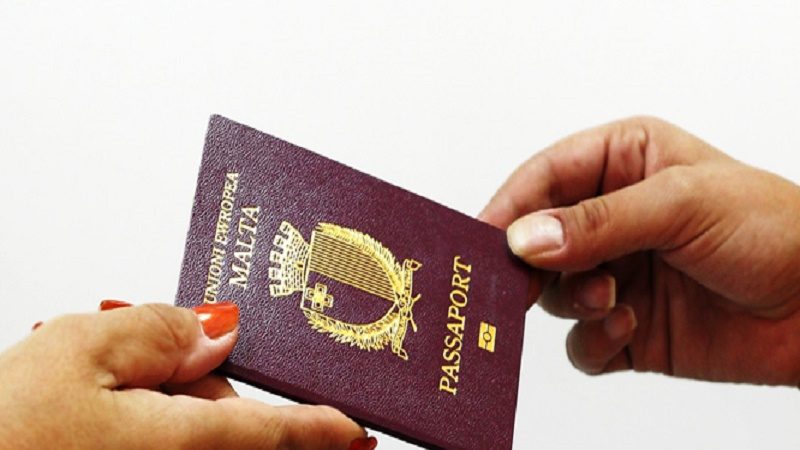Schemes such as Malta’s Individual Investor Programme (IIP), are vulnerable to abuse and undermine the fight against corruption in the EU and neighbouring countries, according to a series of investigations published by the Organised Crime and Corruption Reporting Project (OCCRP).
The reports, in collaboration with Transparency International (TI), show how European countries are selling access to the Schengen visa-free travel area, and even EU citizenship, to foreign investors with little scrutiny, transparency or due diligence.
TI is calling on the EU to closely monitor these schemes and take action to maintain the integrity of European borders against the corrupt and their assets.
OCCRP reporters investigated the ‘Golden Visa’ programmes of eight EU member states – Austria, Bulgaria, Cyprus, Hungary, Latvia, Lithuania, Malta and Portugal – as well as programmes proposed in Armenia and Montenegro.
“It is clear that due diligence procedures in some EU countries have not been rigorous enough,” said Casey Kelso, advocacy director at Transparency International.
“Citizenship and residency are among the most valuable assets a country can offer an individual, but EU member states have not even been applying the same minimum checks that banks are supposed to apply to their high net-worth customers.”
Programmes in all eight EU countries maintain secrecy around recipients of ‘Golden Visas’. The origins of beneficiaries’ wealth are not sufficiently scrutinised and the public lacks details of the investments and who ultimately benefits from them.
In the absence of public or media scrutiny, cash for passport programmes create opportunities for current and former officials to escape prosecution and funnel illicit funds across borders, the investigations confirmed.
In Malta, the scheme has been linked to allegations of kickbacks involving the Prime Minister’s Chief of Staff, Keith Schembri.
New EU citizens under these schemes include persons from the ‘Kremlin list’ who are believed to be close to Russian President Vladimir Putin (Malta); and Tatyana Yeltsin, daughter of former Russian president Boris Yeltsin (Austria). Several members of Angola’s ruling class may have qualified for the scheme through their real estate purchases in Portugal.
The European Parliament warned about the risks of cash for passport schemes in January 2014 in its joint resolution on the sale of EU citizenship. The European Commission is due to publish a report with findings on the impact of these schemes later this year.













